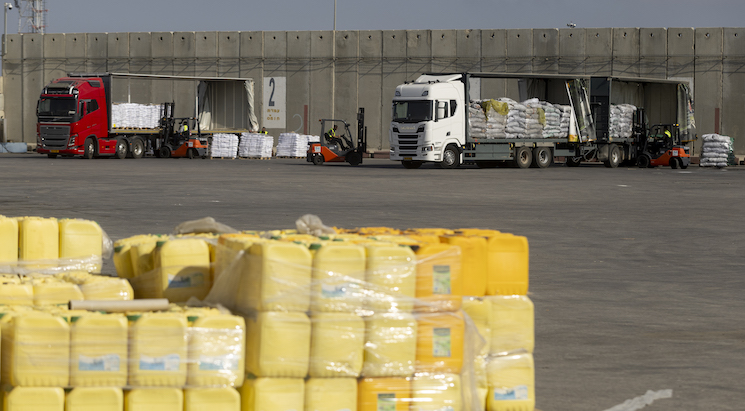That was a startling headline in the Wall Street Journal yesterday: Taliban Now Winning: U.S. Commander in Afghanistan Warns of Rising Casualties But I was suspicious the minute I read the first paragraph: The Taliban have gained the upper hand in Afghanistan, the top American commander there said, forcing the...
Continue Reading
Subscribe to Commentary Magazine for unlimited access to this article and our complete 75-year archive.
📚
Complete 75-year archive access
📱
Ad-free reading experience
📖
Monthly print magazine
💎
Exclusive subscriber content
PRINT + DIGITAL (annual)
$
108
/year
Save 10%
- ✓ Every article, blog post & podcast, unlocked
- ✓ Access to all past issues since 1945
- ✓ Access to our curated iPad app
- ✓ PDF download of current issue
- ✓ Monthly print edition delivered to your door
- ✓ You can cancel anytime
PRINT + DIGITAL (monthly)
$
9.97
/month
- ✓ Every article, blog post & podcast, unlocked
- ✓ Access to all past issues since 1945
- ✓ Access to our curated iPad app
- ✓ PDF download of current issue
- ✓ Monthly print edition delivered to your door
- ✓ You can cancel anytime
Already a subscriber? Sign in here
Join thousands of readers who trust Commentary Magazine for intelligent analysis and thoughtful discussion.
+
A
A
-




